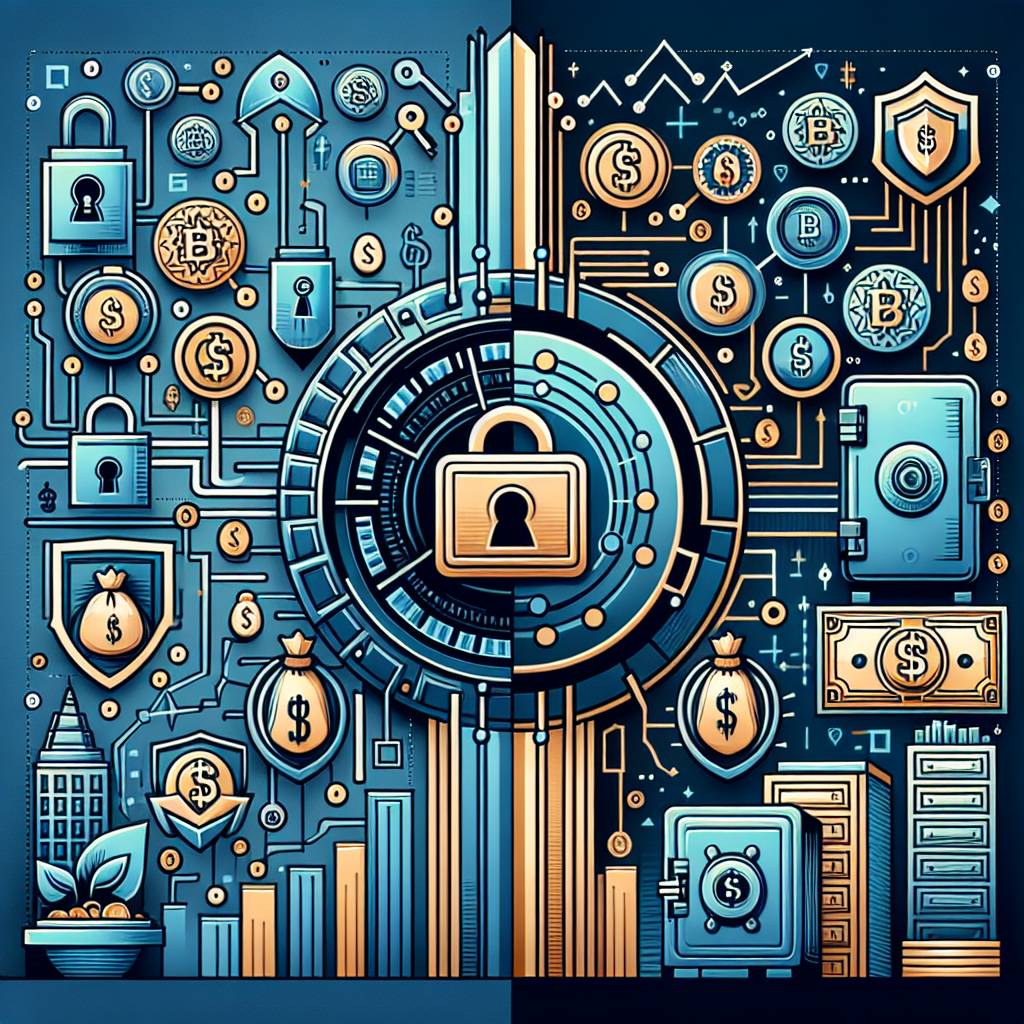What are the steps to safely store and backup my cryptocurrency private keys?
I want to ensure the security of my cryptocurrency private keys. What are the recommended steps to safely store and backup them?

3 answers
- One of the most important aspects of owning cryptocurrency is securely storing and backing up your private keys. Here are some steps you can take to ensure their safety: 1. Use a hardware wallet: Hardware wallets are physical devices that store your private keys offline, making them less vulnerable to hacking. They provide an extra layer of security by keeping your keys isolated from your computer or smartphone. 2. Create multiple backups: It's crucial to have multiple copies of your private keys in case one gets lost or damaged. You can create backups on external hard drives, USB flash drives, or even paper wallets. Just make sure to store them in separate physical locations to minimize the risk of theft or loss. 3. Use strong passwords: When creating passwords for your wallets or backup files, make sure they are long, complex, and unique. Avoid using common phrases or personal information that can be easily guessed. Consider using a password manager to securely store and generate strong passwords. 4. Encrypt your backups: If you're storing your private keys digitally, encrypting your backups adds an extra layer of protection. Use strong encryption algorithms and keep your encryption keys separate from the backups. 5. Keep your software up to date: Regularly update your wallet software and operating system to ensure you have the latest security patches. Outdated software can have vulnerabilities that hackers can exploit. Remember, the security of your private keys is crucial for protecting your cryptocurrency assets. By following these steps, you can significantly reduce the risk of unauthorized access or loss of your funds.
 Nov 24, 2021 · 3 years ago
Nov 24, 2021 · 3 years ago - Securing your cryptocurrency private keys is of utmost importance. Here are some steps you can take to ensure their safety: 1. Choose a reputable wallet: Select a wallet from a trusted provider with a good track record of security. Research and read reviews to make an informed decision. 2. Enable two-factor authentication (2FA): Two-factor authentication adds an extra layer of security by requiring a second verification step, such as a code sent to your mobile device, in addition to your password. 3. Consider using a multisignature wallet: Multisignature wallets require multiple private keys to authorize transactions, making them more secure against unauthorized access. 4. Be cautious with online storage: If you choose to store your private keys online, be cautious of the platform's security measures. Look for wallets that offer strong encryption and other security features. 5. Regularly check for phishing attempts: Be vigilant for phishing attempts, which are fraudulent attempts to obtain your private keys. Double-check URLs, use bookmarks, and never enter your private keys on suspicious websites. By following these steps, you can enhance the security of your cryptocurrency private keys and protect your funds from unauthorized access.
 Nov 24, 2021 · 3 years ago
Nov 24, 2021 · 3 years ago - At BYDFi, we understand the importance of securely storing and backing up your cryptocurrency private keys. Here are some recommended steps: 1. Use a hardware wallet: Hardware wallets, such as Ledger or Trezor, provide a secure offline storage solution for your private keys. They offer robust security features and are widely trusted by the crypto community. 2. Create offline backups: Make multiple copies of your private keys and store them offline in secure locations. Consider using encrypted USB drives or even printing out paper wallets as additional backup options. 3. Use a passphrase: A passphrase adds an extra layer of security to your private keys. It acts as an additional password and should be unique and hard to guess. Make sure to store your passphrase separately from your private keys. 4. Regularly update your software: Keep your wallet software and operating system up to date to benefit from the latest security enhancements and bug fixes. This helps protect against potential vulnerabilities. 5. Test your backups: Periodically test your backups to ensure they are valid and can be successfully restored. This will give you peace of mind knowing that you can recover your funds if needed. Remember, the security of your private keys is paramount in the world of cryptocurrencies. Following these steps will help safeguard your assets and minimize the risk of unauthorized access.
 Nov 24, 2021 · 3 years ago
Nov 24, 2021 · 3 years ago
Related Tags
Hot Questions
- 97
How can I minimize my tax liability when dealing with cryptocurrencies?
- 97
What is the future of blockchain technology?
- 96
How can I buy Bitcoin with a credit card?
- 89
What are the advantages of using cryptocurrency for online transactions?
- 83
What are the best practices for reporting cryptocurrency on my taxes?
- 48
What are the tax implications of using cryptocurrency?
- 42
What are the best digital currencies to invest in right now?
- 20
How does cryptocurrency affect my tax return?
